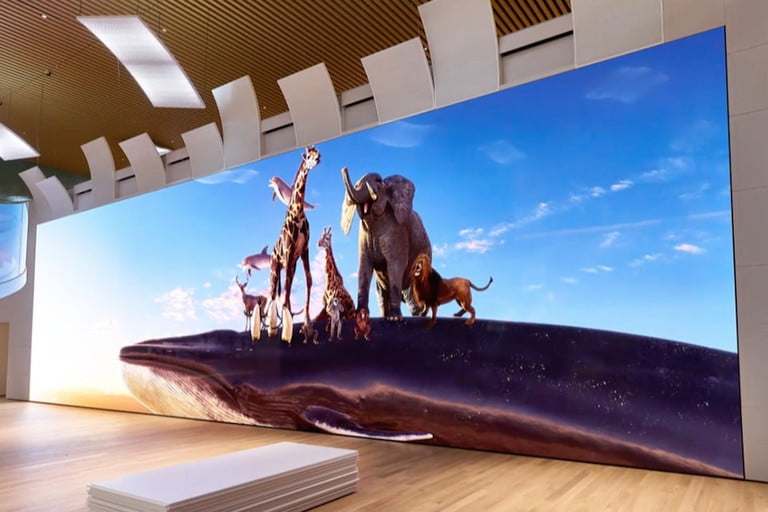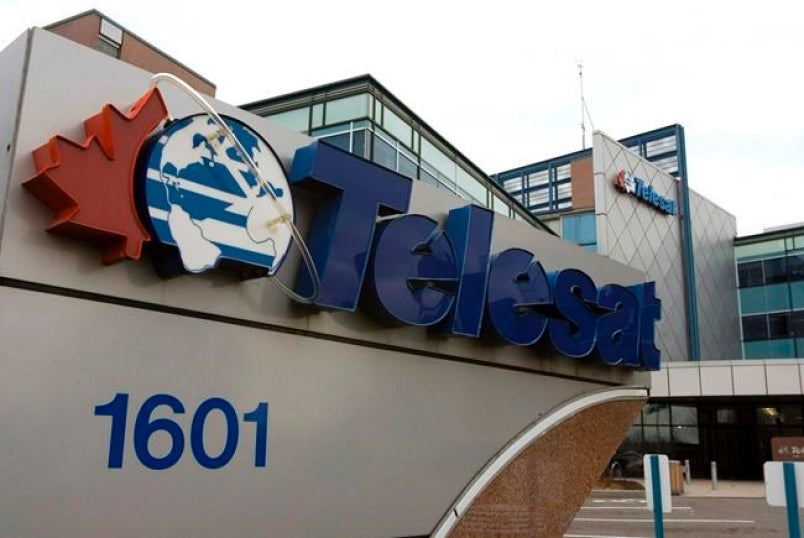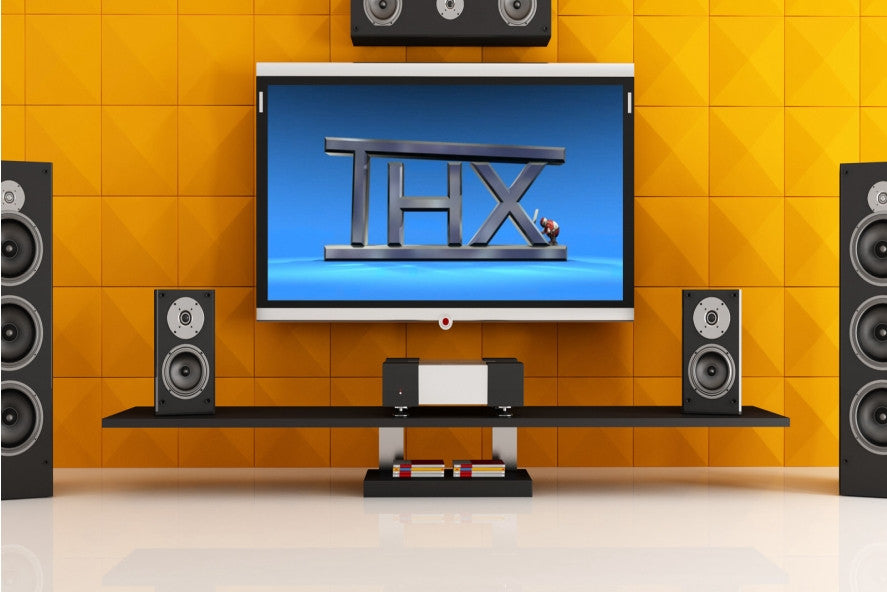Find the best price on the right HDMI cable for your new HDTV.
Posted on 26 January 2017
Which store has the best deals on HDMI cables? Which Web site has the best selection? Which HDMI cable is right for your TV?
Answers to these questions, and more, in the definitive (if I do say so myself) HDMI cable buyers guide:
First off, cheap cables will produce the exact same picture and sound quality as expensive cables. Check out our HDMI cable trilogy: "Why all HDMI cables are the same," "Why all HDMI cables are the same, Part 2," "Still more reasons why all HDMI cables are the same" and "4K HDMI cables are nonsense." These articles go into extensive detail about how HDMI cables work, and why by their very nature, you're either getting a perfect image, or no image at all.
Type
When it comes to TVs, there are four kinds of HDMI cables:
- High speed with Ethernet
- High speed without Ethernet
- Standard speed with Ethernet
- Standard speed without Ethernet

Standard speed cables can handle up to 1080i. High speed can handle definition far beyond 1080p. Here's the thing: the price difference is negligible, so only buy high-speed cables. Most HDMI cables you'll find in a store are high-speed cables.
Very few products have Ethernet-over-HDMI compatibility, so it's not likely you need to pay extra for the feature in the cable. If you want to "future proof" your system slightly, then that's your call. For most people, though, I don't see the point. Again, the price difference is marginal, so it's not a big deal either way. If you're sure your equipment has Ethernet-over-HDMI compatibility, then of course check out those HDMI cables. That likelihood is small, though.
The short version: Buy high speed without Ethernet and don't worry about the other types.
Keep in mind a few things: There is no such thing as an "HDMI 1.4" cable, nor do you need a special cable for 3D, 120 or 240Hz, or Audio Return Channel (ARC).
There is no loss in picture quality over long distances. However, there will be a point where you just don't get a picture anymore. So if you're not sure if 6 feet is long enough, go for 10 feet. It shouldn't cost that much more money.
Although HDMI 2.0 is coming, there aren't many products that support it yet. More importantly, current HDMI cables will work with HDMI 2.0. This ties in to the article mentioned above, but it's worth repeating: 4K HDMI cables are nonsense.
One thing to consider, regardless of length, is an active cable. RedMere technology and other active cables allow for thinner cables, or really long cables. These can be more expensive, but depending on how or where you're installing them, sometimes a tiny flexible cable works better even if it costs a little more.
For consistency, I just checked high speed without Ethernet 6-foot/2-meter cables (some are measured in metric, some are counted in 'Merican). I figured this was the length and speed most people would be interested in.





0 comments